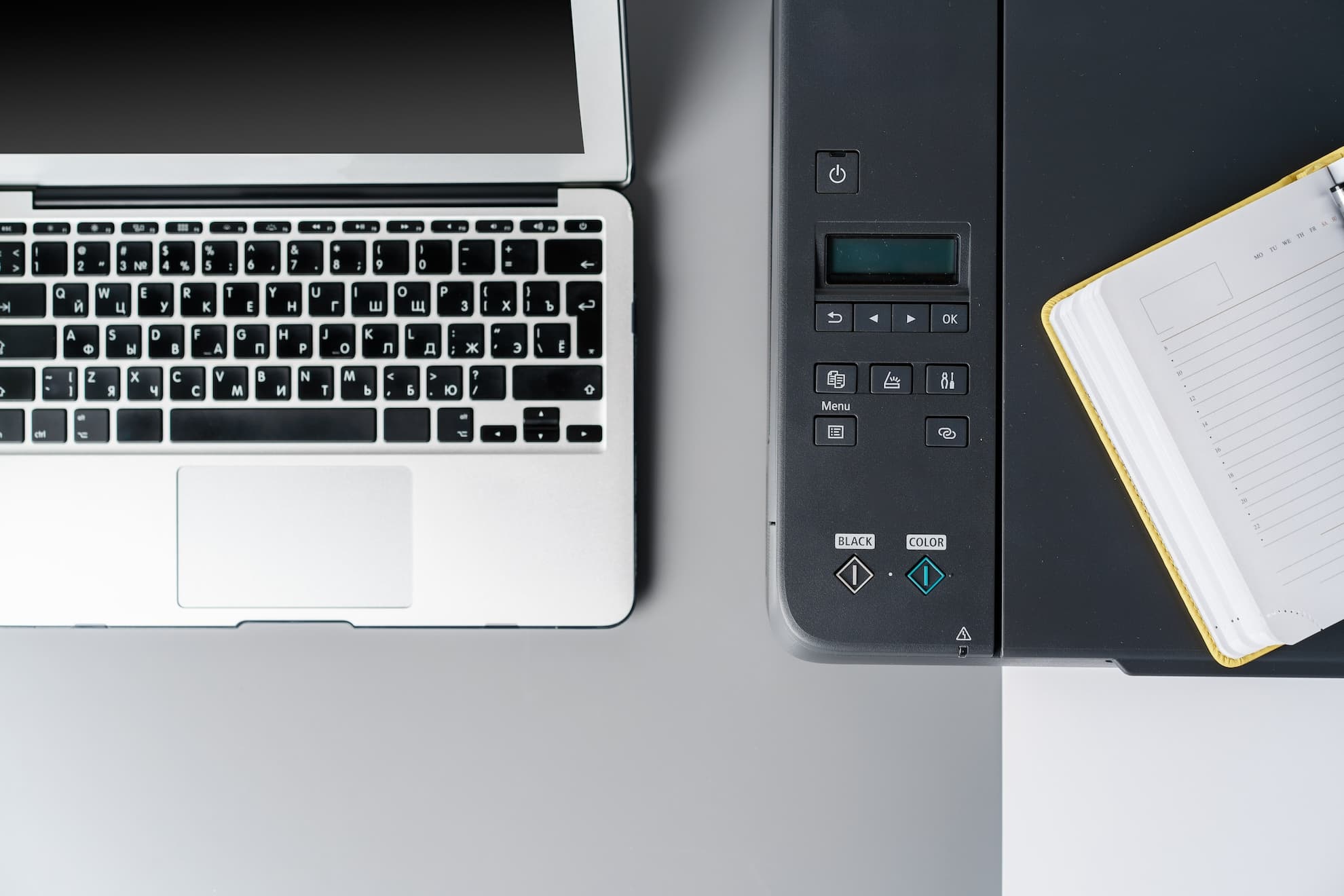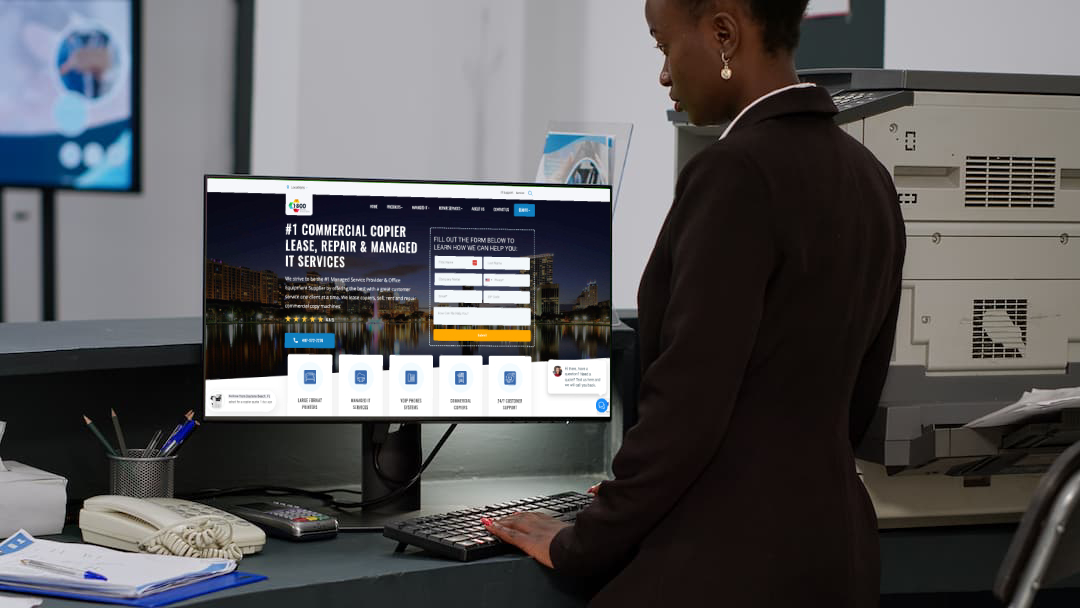Stolen iPads susceptible to security flaw
Stolen iPads susceptible to security flaw
There’s nothing worse than hardware vulnerabilities that put even the most cautious of users at risk. We could lecture you about how even unimportant tablets with little to no personal information are still a security liability, but until Apple releases a patch to the iPad’s newest vulnerability, everyone who owns one is at risk of losing control of his or her data. Let’s take a closer look at what you need to know.
iPad owners who find themselves in the unfortunate situation of having their device stolen have the option to activate Apple’s Find My iPhone feature from icloud.com. If an iPad has this setting turned on, its GPS can be activated from any web browser to inform the owner where it is located.
Furthermore, if a user is concerned that the tablet may have been stolen, he or she can remotely lock the device. From the moment it is locked, the device can only be accessed by logging into the corresponding icloud.com account.
It’s a wonderfully intuitive feature, and tens of thousands of iPad owners have prevented data theft since it was first introduced by Apple in 2010. Unfortunately, security researchers recently announced a critical flaw that allows common thieves to totally bypass the remote lock feature simply by flooding login data fields with too many characters.
Apple is aware of the issue and has taken steps to address it with an operating system update. The latest version of iOS has fixed the issue for iPhones, but not for iPads.
Although we anticipate a patch to fix this flaw in the near future, the best way to avoid this predicament is to keep valuable data backed up separately from your iPad. One of the Find My iPhone options is to remotely wipe the device, which means as long as you aren’t permanently losing valuable data, the worst-case scenario is losing nothing more than the tablet itself.
The more mobile our technology becomes, the more susceptible it is to physical security threats. It’s important to secure your devices not only from networked threats but also from everyday ones, like someone nabbing your iPad while you step away from the table to order a coffee. For across-the-board security solutions and consulting, get in touch with us today.











